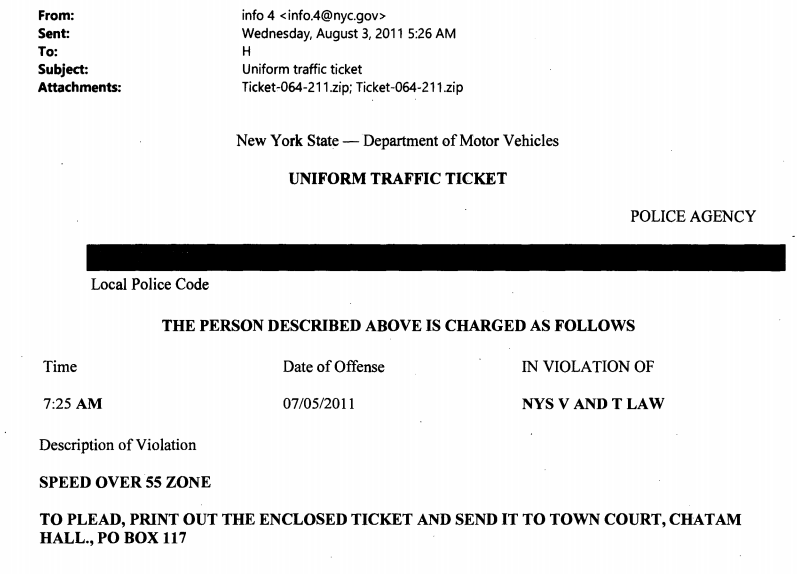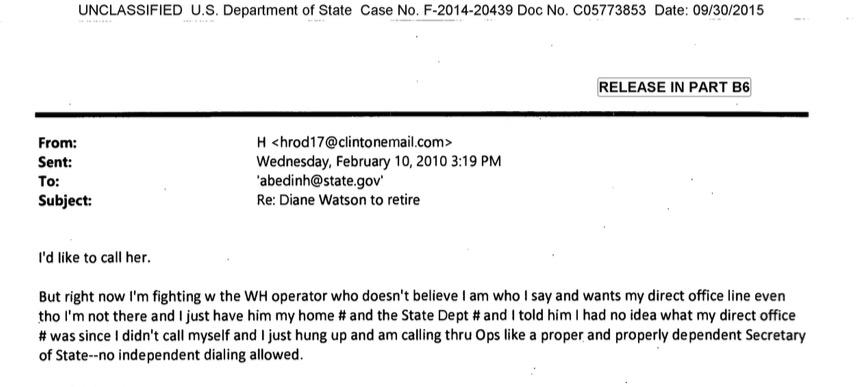There is 1…ONE champion in Washington DC that is leading the charge to stop the reckless Obama/Kerry refugee program threatening our national security at least for two years, Alabama Senator Jeff Sessions:
WASHINGTON— Sen. Jeff Sessions (R-AL), Chairman of the Senate Subcommittee on Immigration and the National Interest, delivered the following remarks at the Subcommittee’s hearing to investigate the Administration’s controversial plan to admit nearly 200,000 refugees over the next two fiscal years, including a large increase in Syrian refugees, on top of the existing annual admittance of 1 million permanent residents.
- In the last five decades, 59 million immigrants have entered the United States.
- Immigration, including the children of post-1965 immigrants, added 72 million people to the U.S. population.
- One-fifth of the world’s immigrants live in the United States. No other country has taken in more than 1 in 20. We have taken in 6 times more immigrants than all of Latin America, and 10 million more immigrants than the European Union.
- We have permanently resettled 1.5 million immigrants from Muslim countries in the United States since 9/11.
- In 1970, fewer than 1 in 21 Americans was foreign-born, today it is approaching 1 in 7 and will soon eclipse the highest levels ever recorded.
- Pew projects new immigrants and their children will add another 103 million individuals to our resident population over the next five decades. That means for every one new resident produced by our existing population, immigration will add another 7 new residents.
- Six of the ten decades of the 20th century witnessed immigration declines. Every decade of the 21st century will see rapidly-rising immigration, with each decade setting a new all-time record.
- After four decades of large-scale immigration, Pew shows that – by more than a 3:1 margin – the public would like to see immigration reduced, not increased. According to Rasmussen, only 7% of Americans support resettling 100,000 Middle Eastern refugees in the United States.
- Meanwhile, recent studies from Georgetown Professor Eric Gould and Harvard Professor George Borjas, have linked this huge increase in the foreign labor supply to the crippling wage stagnation and joblessness afflicting our workers.
With that context in mind, we must consider what our economic, social and security infrastructure can responsibly handle. Let us not also forget that we are presently dealing with our hemisphere’s immigration crisis.
The situation in Syria and throughout the Middle East is not a problem that can be solved with immigration. While the United States may have a role to play – such as establishing “safe zones” in Syria, as recommended by General Petraeus – it would be more cost-effective to support refugees in locations closer to their homes with the long-term goal of returning them home instead of permanent resettlement elsewhere in the world. That is why Middle Eastern nations must take the lead in resettling their region’s refugees. It is not a sound policy to respond to the myriad problems in the region by encouraging millions to abandon their home. Resettling the region’s refugees within the region is the course likeliest to produce long-term political reforms and stabilization. More here.
How bad can it really be?
U.S. Refugee Chief Didn’t Know Boston Bombers Were Refugees

 Numerous concerns have been raised regarding whether Clinton’s private server has made sensitive information more vulnerable to hackers, which were made more worrisome by the recent cyber-attacks on the government from the
Numerous concerns have been raised regarding whether Clinton’s private server has made sensitive information more vulnerable to hackers, which were made more worrisome by the recent cyber-attacks on the government from the 


